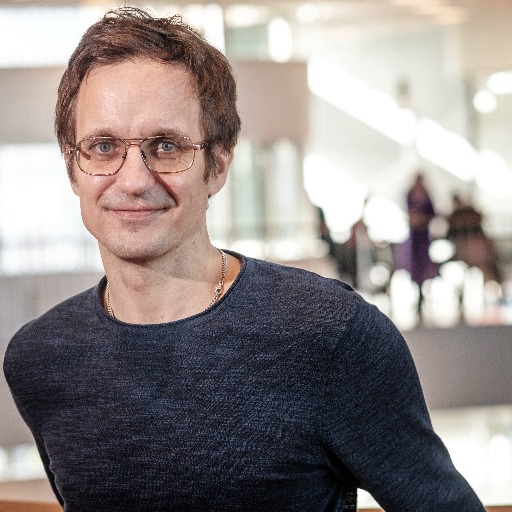Nostalgia characterises right-wing conservative news agenda

According to Associate Professor Anders Hellström, the articles on the populist and right-wing leaning site reflect what he calls "the populist divide" between people and non-people, and between people and elites.
‘It was better before,’ that’s the message being conveyed on a Swedish socially conservative news website, found a Malmö University researcher, who studied articles published between 2016 and 2020.
Samtiden, which would translate to ‘The Contemporary’, describes itself as being an independent news site with socially conservative tendencies, however, it was previously owned by the right-leaning political party, the Swedish Democrats.
This is a nostalgic vision about a glorious past, but it is something oriented towards the future, with an ambition to restore the nation.
Anders Hellström
The aim of the study, published in the journal Societies, is to understand how right-wing conservatives express their criticism of immigration. Hellström used the search term "national identity" on the site, which resulted in 169 articles. According to Anders Hellström, populism is often used loosely to categorise someone who does not think the same way as oneself.
He wanted to ask the question: which people are mobilising against which elites?
“Elitism is associated with different people representing different types of elites – economic, cultural, moral – and also with cultural values, such as cosmopolitanism and imperialism; values that stand against the national and ordinary,” says Hellström, an associate professor of political science.
Hellström notes that the articles draw two clear dividing lines to demonstrate national identity: people versus elite, and people versus non-people.
“The elite can be domestic or foreign. As for the people, a very clear line is drawn between immigrants and 'our own people',” says Hellström. The focus is not on economic elites. According to Hellström, what the articles emphasise is rather the moral elite who talk about 'what is best for me' and the cultural elite.
All in all, Hellström believes that the articles convey a nostalgic glimpse of a homogeneous society, a longing for the golden age of the 1950s and 1960s.
“Cultural conformism is linked to an active welfare state and is seen as positive. Solidarity presupposes cultural affinity. Nationalism, as articulated in the articles, is not about creating a new nation but about recreating what Sweden was like after the Second World War.
"This is a nostalgic vision about a glorious past, but it is something oriented towards the future, with an ambition to restore the nation," says Hellström, adding: “It is also a very clear vision that the opposition has not succeeded in meeting with its own.” The benefits of immigration are linked to abstract ideals about a cross-border community, but rarely to a concrete counter-narrative.
Text: Magnus Jando & Adrian Grist
Read the research article
The article was published in a special issue of Societies: Global Migration and the Rise of Populism.
The Populist Divide in Far-Right Political Discourse in Sweden
